I am Nora, a passionate voice trainer
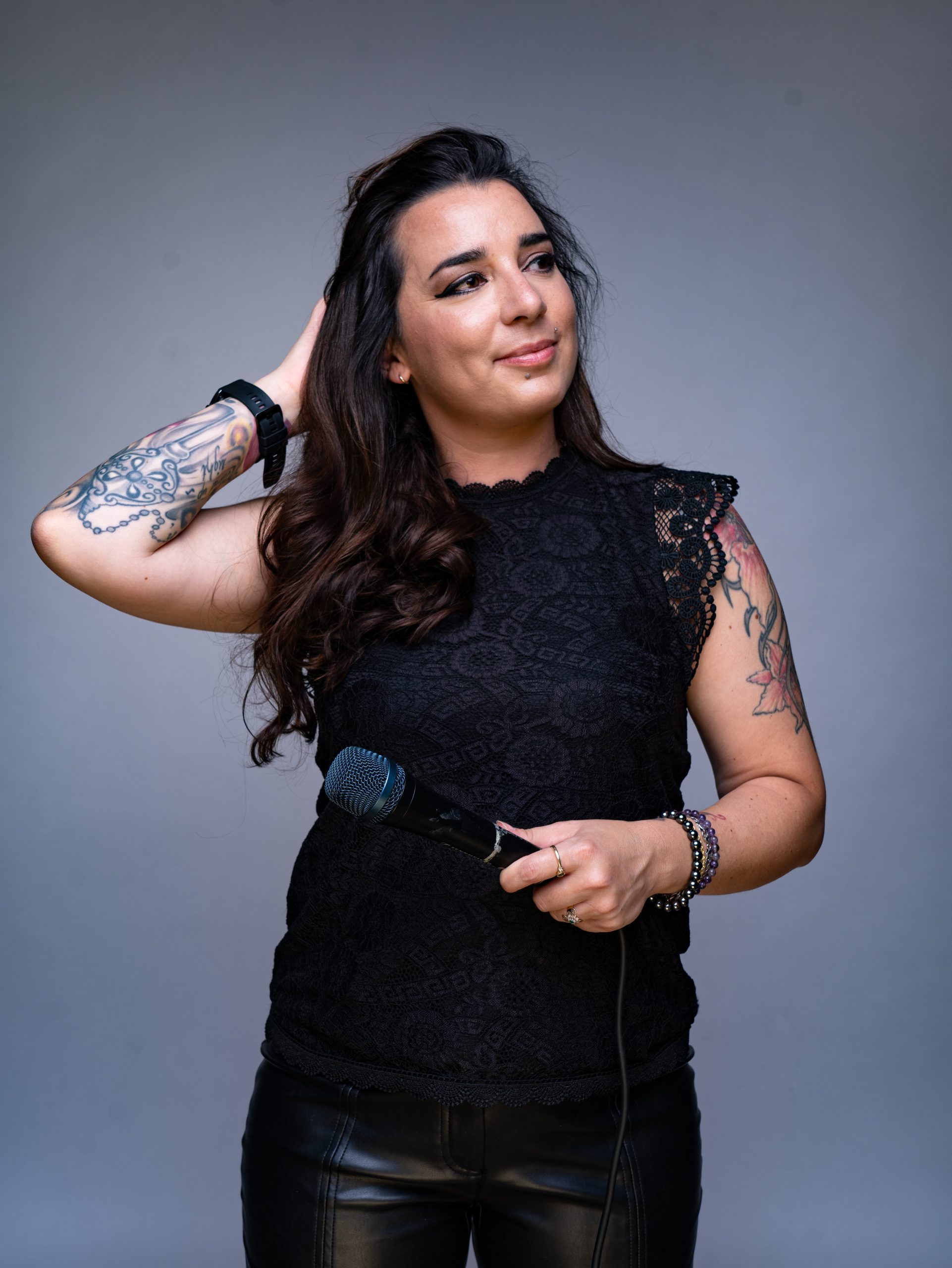
My path to becoming a voice coach
Singing has been with me since I was young. At the age of 12, I began taking part in competitions and gaining my first stage experience. As an adult, I continued to sing passionately, but often without paying attention to the correct technique. This led to an overstrain that weakened my voice in the long term.
After a pregnancy and a significant weight loss, I finally faced a harsh reality: my voice was weak, the high notes that I had once been able to reach had disappeared. Singing, which had previously given me so much joy, suddenly felt empty and exhausting.
A turning point: meeting experienced voice coaches
Despite many attempts to rebuild my voice myself, I was unable to overcome my voice problems for a long time. It was only through meeting professional voice coaches - recognized experts in the industry - that I found my voice and the joy of singing again. These mentors rebuilt my voice with patience and targeted training, taught me techniques that I didn't know before, and gave me back my confidence in my voice.
My mission as a voice trainer
The positive experience and support I received during this time inspired me to be able to help other people in the same way. I therefore had my mentors train me professionally and have now been giving voice training lessons successfully for many years. My focus is on muscle voice training that specifically trains the vocal muscles. This technique is not taught in all voice training courses and enables my students to further expand their vocal possibilities and develop their voice in a healthy and powerful way.
My professional path began with part-time lessons and classes for various music schools. Over time, my interest grew and I decided to teach from home. Since then, I have devoted myself fully to my work as a voice trainer.
I also take part in various projects as a singer and am booked for performances. These experiences not only enrich my own vocal development, but also give me valuable insights that I incorporate into my teaching. Since I took this path, I have not only permanently strengthened my own voice, but also had the privilege of accompanying people on their personal vocal journey every day and helping them to discover and develop their own voice.
Further training and global expertise
In order to constantly expand my knowledge and stay up to date with the latest developments in voice training, I regularly take part in further training courses and workshops - both nationally and internationally. This enables me to learn new methods and approaches that I integrate into my work. I am also a member of the German Society for Musician Physiology and Medicine, an association dedicated to researching and promoting healthy techniques for musicians.
What I want to pass on to my students
In my lessons, I attach great importance to the fact that every voice is individual and has its own unique sound. I want to help my students:
- To develop their voice healthily and sustainably,
- to discover or rekindle the joy of singing and
- to sing confidently and with full conviction, without fear of vocal problems.
Together we will find ways to develop the full vocal potential - powerfully, authentically and with the ease that makes singing so special.
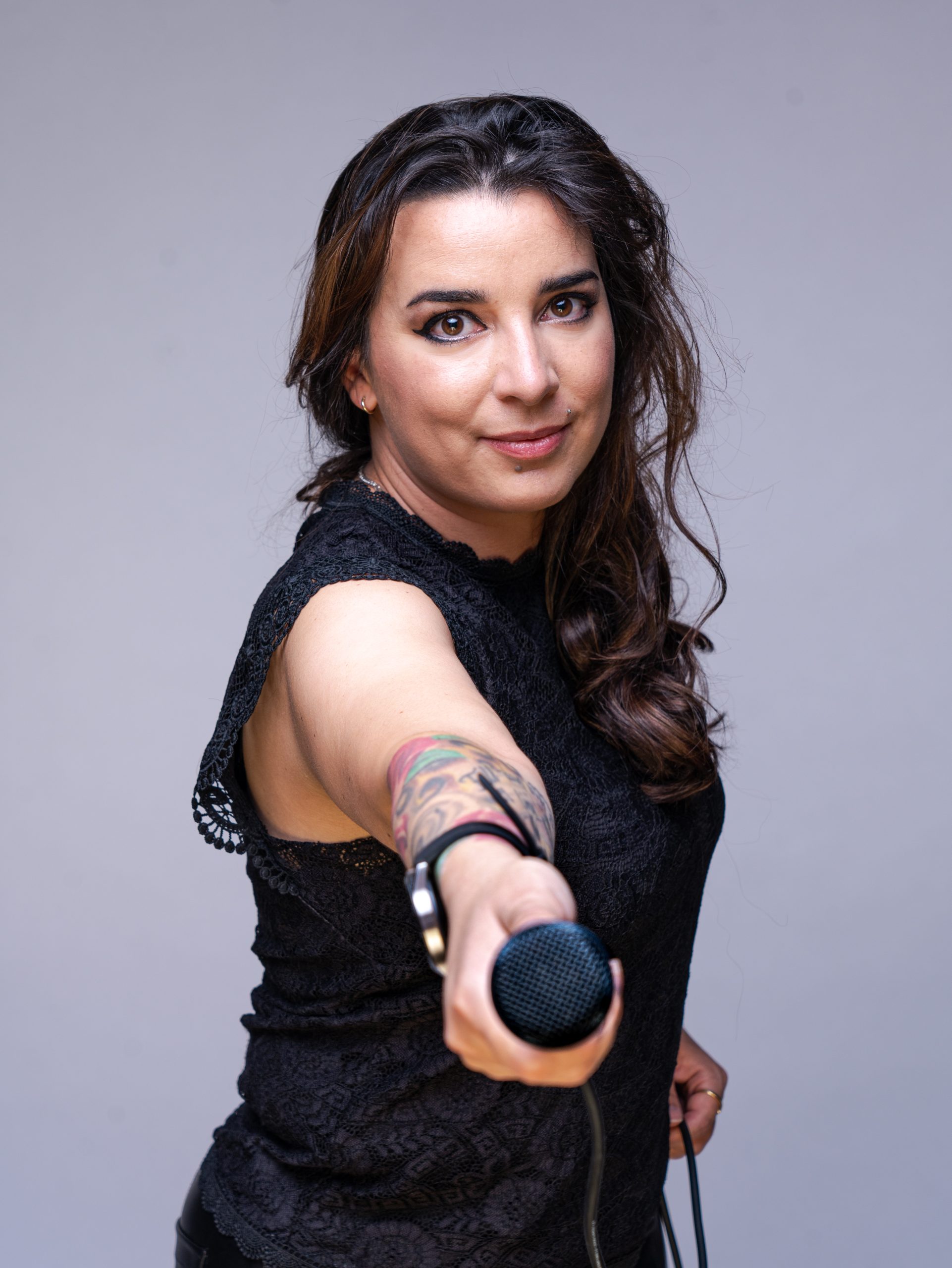
In summary, I offer the following in my lessons:
- Training of the vocal organ: The focus is on training the vocal muscles, the respiratory system and the resonance chambers in the body. Through targeted exercises, students learn to use their voice powerfully and dynamically. It doesn't matter whether they want to learn to sing or speak - the techniques I teach are universal and adaptable to a wide variety of vocal challenges.
- Vocal versatility: In addition to the technical training of the voice, I attach great importance to the fact that the students learn to use their voice flexibly. Whether pop, rock, classical or acting - the voice must be able to adapt to different genres and situations. In my lessons, the students learn to use their voice in a variety of ways, not only technically, but also emotionally and stylistically.
- Targeted training: The lessons are structured in such a way that the weaknesses of the voice are worked on specifically, while the strengths are developed. Through individual exercises and continuous feedback, the students can improve their vocal skills step by step.
- Practical application: Theory and practice go hand in hand. Each theoretical lesson is supplemented by practical exercises so that students can immediately implement and internalize what they have learned. This means that the knowledge is not only understood on an intellectual level, but is also experienced directly physically.

"Singing instruction is both an art and a science that deals with the principles and techniques of singing. Its aim is to help singers of all levels - from beginners to professionals - to discover, develop and refine their vocal abilities. It covers a wide range of topics, from breathing techniques and voice training to tone production and articulation to the interpretation of songs and roles."
What can you expect from voice training?
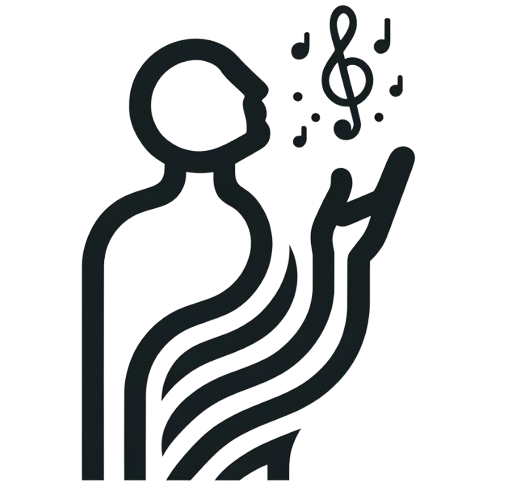
Analysis
Discover the possibilities of your voice and your body by understanding and getting to know them better. Have you ever wondered what strengths and weaknesses your voice has and in which areas it could still develop? A deeper examination of these questions can be crucial to developing your full potential. Together we can find out how you can further develop and improve your vocal skills through a carefully designed voice test. Let's take this exciting path together and explore how you can optimize your vocal presence and increase your expressiveness.
Vocal technique
Vocal technique includes a range of methods and exercises aimed at strengthening the voice and increasing its resilience. In my course, you will learn various techniques that will enable you to sing or speak for long periods of time without hoarseness, without the feeling of tightness or a tiring voice. These techniques are essential to improving your vocal skills while protecting your voice.
First, we will focus on how you can use your breathing effectively to support voice production. Proper breathing technique is the basis for healthy voice use. We will also train articulation and resonance so that your voice can sound freer and fuller without overexerting it. Through targeted exercises, you will learn to use your vocal cords efficiently and minimize the pressure on the vocal folds.
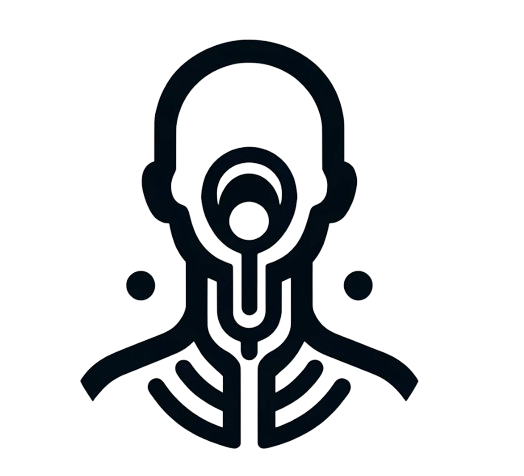
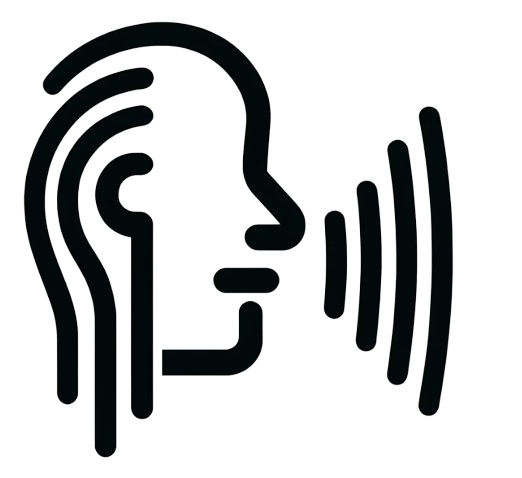
Theory and Practice
The practical part of the course builds on these theoretical foundations. Here you will learn how to use your voice correctly through targeted exercises. We will practice techniques that will help you use your voice without the risk of hoarseness or a sore throat. These techniques include correct breathing, correct articulation and the use of resonance chambers to achieve optimal vocal production.
Through the combination of theoretical knowledge and practical application, you will develop conscious control over your vocal abilities. This will enable you to use your voice precisely and confidently, which is particularly important in situations where you have to speak or sing for long periods of time.
Preventive teaching
Preventive teaching is an important aspect for every singer and speaker, as it focuses on preventive measures to prevent vocal problems such as singer's nodules. In this context, I offer you comprehensive training in which you learn how to use and care for your voice correctly in order to avoid such health problems.
There are several voice disorders. The most common are singer's nodules, edema and polyps. Singer's nodules are small thickenings on the vocal cords that can arise from overuse or incorrect vocal technique. They often lead to a rough, hoarse voice and can make singing and speaking significantly more difficult. To avoid this, it is important to learn and use a healthy singing and speech technique.
In my course, I will show you various techniques and exercises that are specifically designed to protect and strengthen your voice. You will learn how to use your voice effectively and safely without putting strain on it. This includes proper breathing, correct posture and the use of resonance chambers, which help to relieve the voice and enable clear, sonorous vocal development.

Personal trial lesson







